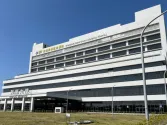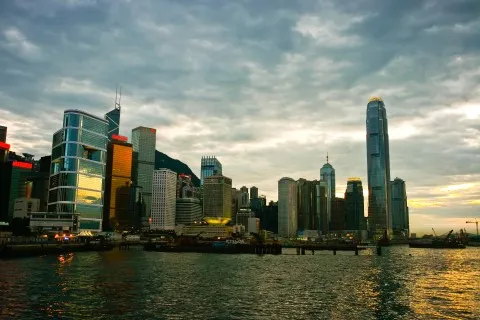
Real estate investment in Hong Kong reaches US$2.8 billion in 3Q16
It's perfoming above long-term volume averages.
Portfolio deals worth US$13.0 billion underpinned income-producing commercial real estate investment in Asia Pacific, where volumes were little changed in the third quarter of 2016 (Q3 ‘16) compared to a year earlier.
According to a research note from Real Capital Analytics (RCA), these large transactions masked a generalised slowdown across the region caused by investor caution and a mismatch in pricing expectations between buyers and vendors.
Completed sales of properties in the region, excluding development sites, totalled US$30.4 billion in Q3 ‘16, 1.1% weaker than the same period a year earlier, according to RCA data.
The region saw fewer active buyers and deals completed in July through September, with portfolio deals accounting for 43% of total investment volumes. For the first nine months of the year, investment declined 18% year-on-year (YoY) to US$84.3 billion.
In Hong Kong, activity continued to be boosted by Mainland Chinese investors’ purchases, based on confidence fuelled by relatively limited new supply and low vacancy rates. Total transaction volume in Hong Kong reached US$2.8 billion in Q3 ‘16. Together with Mainland China, Hong Kong is the only other market in the region currently performing above their long-term volume averages.
Here's more from RCA:
Petra Blazkova, RCA’s Senior Director of Analytics for Asia Pacific, said: “High asset prices as well as economic, financial and political concerns, that caused a slowdown in activity in the first half of the year, continued to impact investment decisions in the Asia Pacific region. China, however, bucked the trend as it outperformed all other markets in the region during Q3 ’16, overtaking Australia as the second most active market by transaction volume.”
Offices were the best performing sector in Q3 ’16. It was the most active sector in eight of the region’s leading cities - Tokyo, Hong Kong, Singapore, Seoul, Sydney, Shanghai, Beijing and Melbourne. The average transaction size was US$80.0 million, or 2% more than in Q2 ‘16, underscoring investors’ preference for core, secure income-producing assets. Prices, however, remained broadly unchanged at record highs, except in Australia, where yields continued to compress.
In Mainland China, there were US$10.0 billion in direct real estate transactions recorded in Q3 ‘16, representing 28% YoY growth. While this increase was in part due to the completion of a number of mega portfolio deals during the quarter, underlying appetite for Mainland China real estate remains robust.
In Australia, market sentiment was positive, supported by relatively stable volumes of US$5.1 billion, which while down 13% YoY, is still around its long-term average. Prices continued to trend upwards, with yields compressing across all asset classes an geographies. Analysis by RCA revealed that the premium to Australian government bond yields remained wide in historical terms, indicating that asset prices could still rise further.
In Singapore, overall volumes grew by 54% YoY on large but limited acquisitions primarily within the office sector, notably the sale of a stake in Capital Square by Keppel Land to ARA Asset Management.
In South Korea, where 90% of investors are domestic, investment volumes reached US$2.8 billion in Q3 ‘16, more than twice the level from a year ago. “South Korean investors have been very active both at home and internationally. Interestingly, South Korean institutions were Asia Pacific’s most prolific investors outside the region, making US$4.8 billion in purchases year-to-date. This pattern is likely to continue with US$2.8 billion worth of additional purchases still pending according to our calculations,” Blazkova from RCA added.
In Japan, volumes fell 27% YoY to US$6.8 billion on a lack of suitable stock and a reluctance by buyers to pay current prices. Its record high asset prices, a strong yen and competition from domestic real estate investment trusts (J-REITs) are leading to what could be a structural shift, as international investors turned net sellers there for the first time in six years, RCA data showed. PAG, GE Capital and Fortress were among the notable international institutions to have disposed of assets in Japan during Q3 ’16.
Historically, Singapore capital has been the most nimble and aggressive in investing across the Asia Pacific region. It remains an important source of capital, but over the last nine months Chinese and Hong Kong investors have become the most dominant foreign source of capital within the region. So far this year, Chinese investors have purchased US$3.9 billion worth of assets in Hong Kong and made US$1.5 billion worth of investments in Australian property.







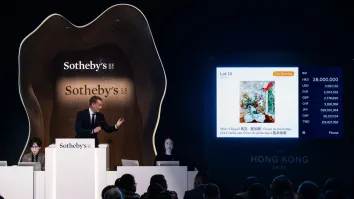

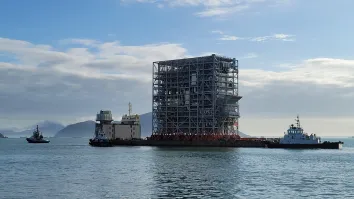

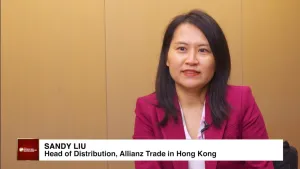






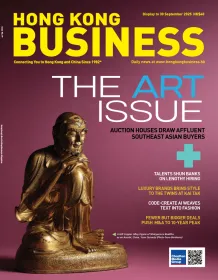
 Advertise
Advertise


